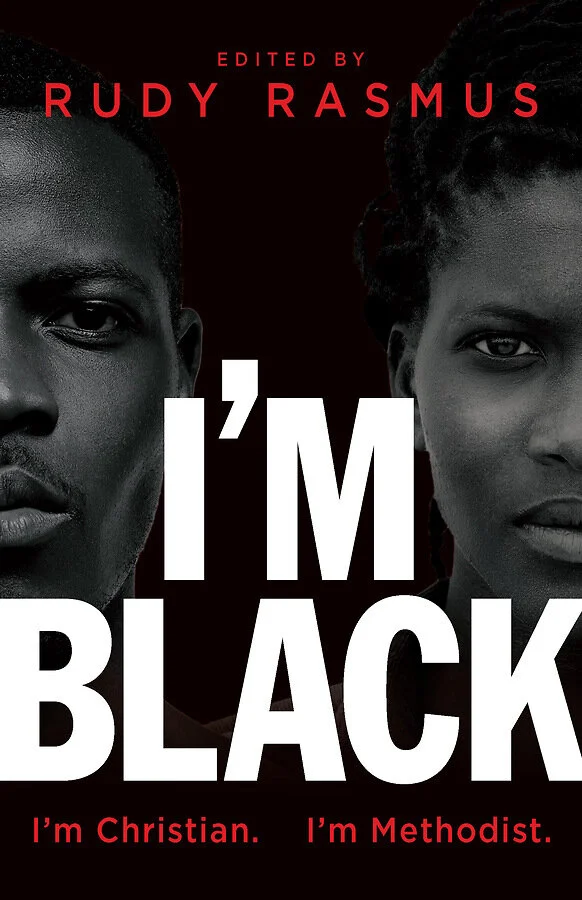Conversation with the Writers of "I'm Black. I'm Christian. I'm Methodist."
Watch this discussion with the I’m Black. I’m Christian. I’m Methodist. writers and editor Rudy Rasmus, moderated by M. Garlinda Burton.
In the book, ten Black women and men explore life through the lens of compelling, personal accounts. They are leaders whose lives are tangible demonstrations of the power of a divine purpose and evidence of what grace really means in the face of hardship, disappointment, and determination.
This conversation includes topics such as:
What Has Racism Cost the Church?
Intersections of Race, Gender, and LGBTQIA+ Identity
Ministry and Racism
More about the book:
In I’m Black. I’m Christian. I’m Methodist, ten Black women and men explore life through the lens of compelling, personal accounts. They are leaders whose lives are tangible demonstrations of the power of a divine purpose and evidence of what grace really means in face of hardship, disappointment, and determination.
“The confluence of the everyday indignities of being Black in America; the outrageous, egregious, legalized lynching of George Floyd; and the unforgivable disparities exposed once again by COVID–19 have conspired together to create a seminal moment in America and in The United Methodist Church—in which we must find the courage to say unambiguously ‘Black Lives Matter.’ To stumble or choke on those words is beneath the gospel,” says Bishop Gregory Palmer, who wrote the foreword to the collection.
Edited by Rudy Rasmus – Senior Pastor with his wife, Juanita, at St. John’s Downtown Church in Houston, Texas – the essays in this collection each begin with the central identities of Black, Christian, and Methodist, but they also represent different journeys of confronting centuries of White supremacy in our religious and secular institutions. Weaving together autobiography and spiritual formation, together they represent a significant contribution to our theological understanding of racism.

